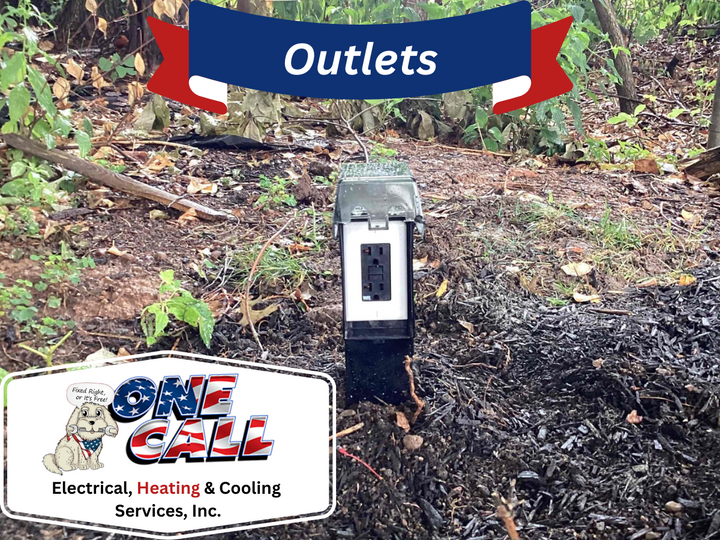Electrical Commonly Asked Questions

We understand electrical receptacles and equipment aren’t something most homeowners know much about, so we’re here to educate our customers on their home’s electrical systems. Here are some questions we commonly receive:
How Does A Circuit Breaker Work?
Your electrical panel has a series of circuit breakers. A circuit breaker trips/shuts off the flow of electricity when a fault occurs. By tripping, the circuit breaker is protecting your home and family against the potential of a fire or electrical injury. A tripped circuit will be pointing away from the panel’s center, simply flip it inward to reset it. If it routinely trips, you’re urged to call us immediately to ensure your family’s safety.
How Can I Tell If My Electrical Panel Is Unsafe?
There can be any number of reasons, including it’s undersized for your home and its current electrical needs. Your panel may simply be too old. There are also panels that have been proven to be faulty made by Zinsco and Federal Pacific. One of our highly trained electricians will be able to give you complete information about your panel.
What Is A GFCI Outlet?
A Ground Fault Circuit Interrupter is a receptacle or “outlet” that protects against shock when using electrical devices near water. A GFCI will cut off the flow of electricity the moment it senses a problem. Current electrical code mandates GFCIs be installed in bathrooms, kitchens, laundry rooms, and outdoor areas. Should your GFCI stop functioning, press its small reset button. If that doesn’t work, please call us.
WHy Should I Replace My Smoke Detectors?
Smoke detectors expire after 10 years of service, regardless of use. Smoke detectors greater than 10 years of age have been proven to consistently fail in the presence of smoke, placing your home and family in a dangerous situation. If you’re unsure of the age of your smoke detectors, be sure to ask us.
What Is Whole-House Surge Protection And Is It Necessary In My Home?
Your home is loaded with electronics - big screen TVs, computers, refrigerators, washing machines, and more. In total, they’re worth thousands of dollars, and they’re all exposed to regular, daily surges, which increase their wear-and-tear. They’re also potentially vulnerable to large surges caused by lightning or outside electrical issues. We find our customers enjoy the peace-of-mind provided by having whole-house surge protection. It just makes sense.
Why Are My Light Bulbs Going Out Frequently?
If you notice repeated bulbs going out, it could be a sign of overheating. Persistently overheating fixtures are considered a fire safety issue. For your peace of mind, you should tell our highly trained electrician if you have a fixture that consistently burns up light bulbs.
How Can I Tell When An Electrical Outlet Isn’t Safe?
If the actual outlet wiggles or falls out of the wall, it’s not safe. If a plug easily slides out of the outlet, it’s not safe. If the outlet is warm, unplug the device and contact us immediately.
When Should I Consider Re-Wiring My Home?
Some wiring is considered a major fire hazard like BX wiring, knob and tube, and ungrounded systems. Your electrician will be able to identify if your home is a candidate for a re-wire following our comprehensive inspections performed on each service call.
If you have any more questions or want to book an appointment, just call us at (908) 769-8200!












